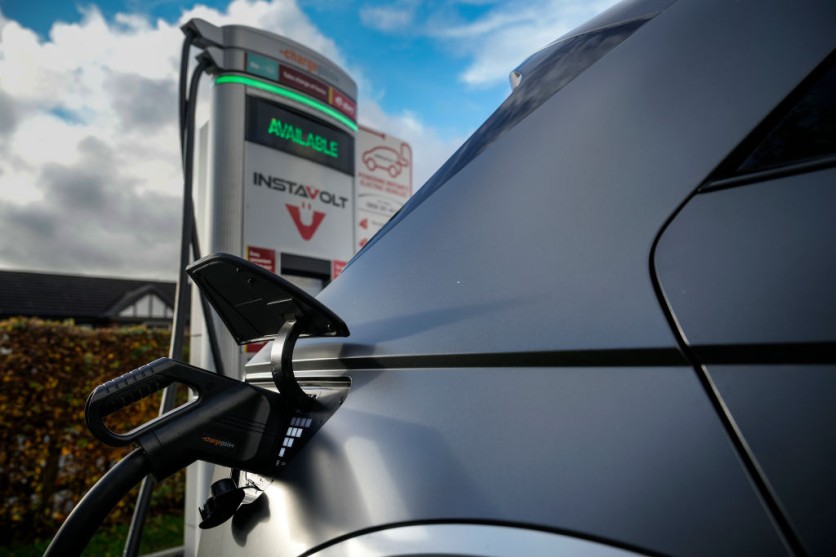In an effort to compete with Tesla's rapidly expanding Supercharger network, Hyundai Motor Group is embarking on the development of its own line of ultra-fast electric vehicle chargers.

Establishing Presence in EV Chargers
While several automakers have recently opted to partner with Tesla to access its Supercharger infrastructure, Hyundai is taking a distinct approach, as reported by Electrek. This move marks Hyundai's strategic step towards establishing its presence in the growing landscape of electric vehicle charging solutions.
Hyundai's subsidiary who specializes in electronic management systems, Hyundai Kefico Corp is spearheading the effort to obtain certification from the Korean government for its high-speed chargers boasting a remarkable 350 kW output.
Having revealed its venture into electric vehicle charger manufacturing back in October of the previous year, the company is now on track to furnish its Blue Plug chargers to Hyundai Motor Group's extensive network of EV charging stations throughout the country.
This deployment is slated to occur following the successful certification of its chargers, solidifying its contribution to the evolving landscape of electric mobility infrastructure.
Competing with Tesla's Superchargers
The count of Hyundai E-Pit sites has surged from 12 to 36 since April 2021. By comparison, Tesla's Supercharger network in the region has experienced even more significant growth, expanding from 33 to 106 within the same timeframe.
KED Global reported that Hyundai touts its E-Pit charging stations as a notable enhancement, asserting that it has significantly elevated the convenience quotient of the existing charging infrastructure.
Within every E-Pit station, you'll find an array of four to six 350 kW chargers. The design of these high-end chargers necessitates the use of premium materials, driving up costs for suppliers. Hyundai emphasizes that electric vehicles can charge from 10% to 80% in just 18 minutes using these stations.
Hyundai's dedication to delivering a top-notch EV charging experience is causing expenses to soar, creating difficulties in sourcing suppliers and hindering the network's expansion. This underscores that the construction expenses for E-Pits can exceed $113,000 (150 million won) to establish standard 350 kW chargers.
While Hyundai's progress has been modest, Tesla's Supercharger network has flourished. As Tesla continues to extend its advantage, Hyundai aims to put the brakes on Tesla's momentum with its own fast chargers.
As Hyundai makes incremental strides, Tesla's Supercharger network thrives. With Tesla's lead growing, Hyundai is determined to slow down its momentum by introducing its own fast chargers.
At Hyundai's recent Investor Day, where they unveiled their next-generation EV platform, the company's President and CEO, Jaehoon Chang, stated that the choice to embrace the Tesla North American Charging Standard (NACS) will be influenced by customer preferences.
A notable challenge Chang highlighted, as reported by The Verge, is that Tesla's Superchargers currently don't provide the higher charging rates compatible with Hyundai's EV platform.

![Apple Watch Series 10 [GPS 42mm]](https://d.techtimes.com/en/full/453899/apple-watch-series-10-gps-42mm.jpg?w=184&h=103&f=9fb3c2ea2db928c663d1d2eadbcb3e52)



